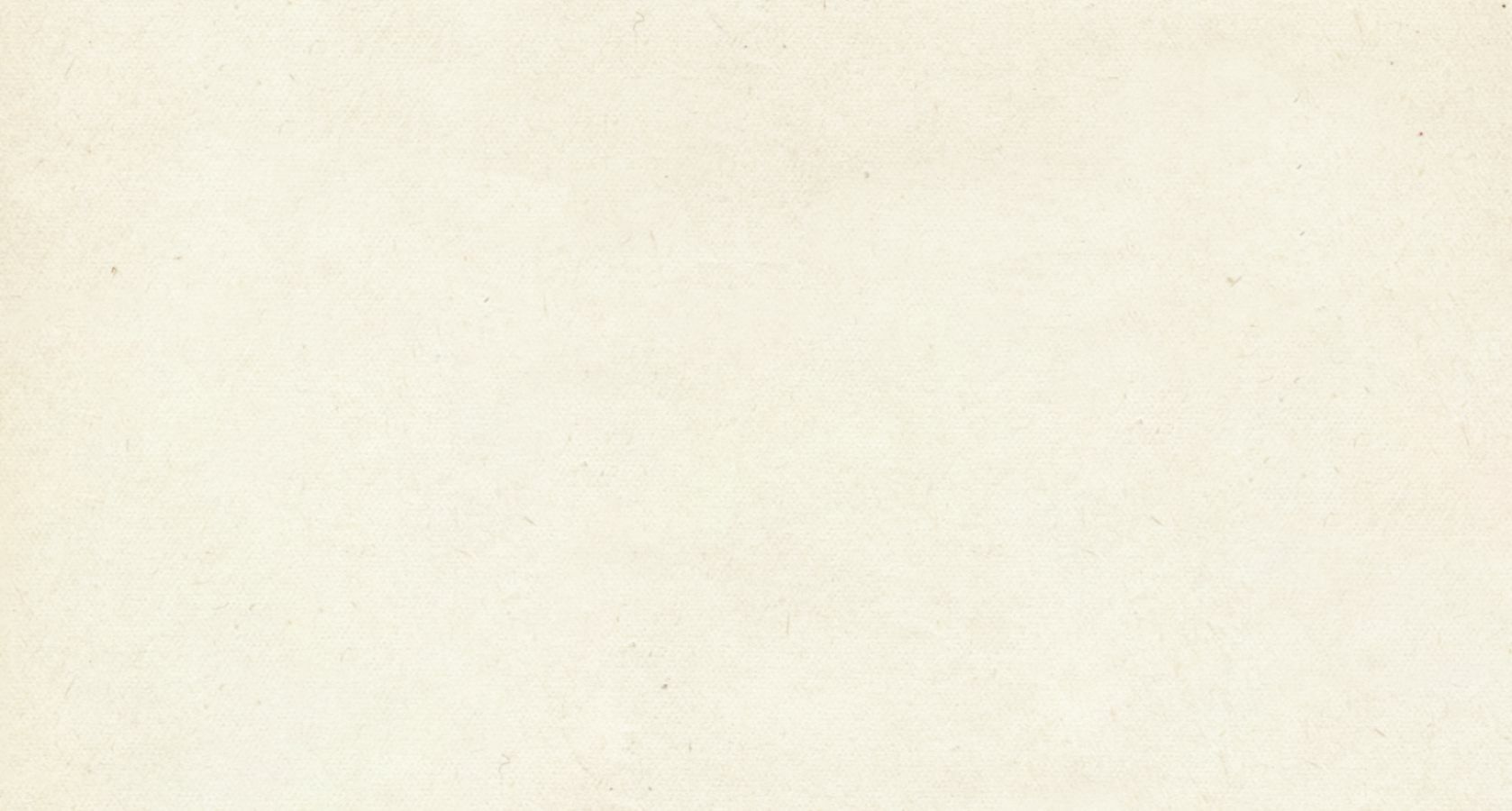
"I put everything on her grave"
15.07.2013 – 27.10.2020
7 years old
7 years old
Suffering a bitter defeat on the battlefields of the 44-day-long Patriotic War ever since it started on 27 September, Armenians resorted to provocations.
They carried missile and rocket strikes on cities and villages of Azerbaijan, killing civilian population far away from the frontline.
According to the General Prosecutor's Office, 93 non-combatants were killed and 454 wounded as a result of these Armenian missile and rocket strikes as of 16 November 2020.
There were also kids among these casualties.
Armenian forces committed crimes against our peaceful population also in gross violation of a humanitarian ceasefire announced.
In the afternoon of 27 October 2020, the enemy subjected Goranboy and Barda districts to heavy missile and rocket artillery shelling, striking from different directions.
The General Prosecutor's Office reports that 4 civilians were killed and 7 wounded around 4:00 PM on that day as Qarayusifli village of Barda District was shelled by heavy artillery.
They carried missile and rocket strikes on cities and villages of Azerbaijan, killing civilian population far away from the frontline.
According to the General Prosecutor's Office, 93 non-combatants were killed and 454 wounded as a result of these Armenian missile and rocket strikes as of 16 November 2020.
There were also kids among these casualties.
Armenian forces committed crimes against our peaceful population also in gross violation of a humanitarian ceasefire announced.
In the afternoon of 27 October 2020, the enemy subjected Goranboy and Barda districts to heavy missile and rocket artillery shelling, striking from different directions.
The General Prosecutor's Office reports that 4 civilians were killed and 7 wounded around 4:00 PM on that day as Qarayusifli village of Barda District was shelled by heavy artillery.

Aysu Rovshan Iskandarova
Among the casualties was a little kid, the seven-year-old resident of Qarayusifli village Aysu Iskandarova.
She was born on 15 July 2013 in Qarayusifli village of Barda District and, as of the day of the tragedy, was a 2nd-grade student of the village middle school.
Aysu's father, Rovshan Iskandarov recollects that tragic day:
"I was working in the village when I heard an explosion up in the sky. We rejoiced as we thought our troops had hit a rocket in mid-air. After mere seconds, another rocket hit the village. I was driving a tractor and saw people running down the road towards our place. I reached my house and saw it had been stricken by the rocket. I screamed and called my wife, but saw she was not there. I learned later on that she went to see our neighbor, uncle Muhammad. Somebody told me my children were here. My other two kids were unharmed, but Aysu... she was laid on the ground, all covered in blood.
Aysu had big dreams; she wanted me to find her a tutor. I used to say: Aysu, let us start once I take care of some issues. So, I set some plants in the garden and made some money out of it. Aysu always asked me: what are you going to do with this money? And I said: I will give it to you. I told her quite often to stay home, as we were worried about our kids. We believed in our army; we rejoiced as it destroyed Armenian troops. We would never think something could happen to our village."
She was born on 15 July 2013 in Qarayusifli village of Barda District and, as of the day of the tragedy, was a 2nd-grade student of the village middle school.
Aysu's father, Rovshan Iskandarov recollects that tragic day:
"I was working in the village when I heard an explosion up in the sky. We rejoiced as we thought our troops had hit a rocket in mid-air. After mere seconds, another rocket hit the village. I was driving a tractor and saw people running down the road towards our place. I reached my house and saw it had been stricken by the rocket. I screamed and called my wife, but saw she was not there. I learned later on that she went to see our neighbor, uncle Muhammad. Somebody told me my children were here. My other two kids were unharmed, but Aysu... she was laid on the ground, all covered in blood.
Aysu had big dreams; she wanted me to find her a tutor. I used to say: Aysu, let us start once I take care of some issues. So, I set some plants in the garden and made some money out of it. Aysu always asked me: what are you going to do with this money? And I said: I will give it to you. I told her quite often to stay home, as we were worried about our kids. We believed in our army; we rejoiced as it destroyed Armenian troops. We would never think something could happen to our village."
She said: Look! I am a doctor!
Her father says Aysu was just like a boy:
"There were several stone blocks lying near the house, left after the construction. She wanted to help me take them away. She had unusually strong arms for a child. When I was nearby, she did her lessons; but she used to stop as soon as I walked out. I wanted Aysu to learn but the quarantine put an end to her lessons. I am a common worker, but I always told her to study and get good knowledge. She had a gown at home that she put on and said: "Dad, I am a doctor!" She was but a kid, little did she know what would happen..."
"Aysu was very bashful. And she didn't eat much", says her father and adds:
"When I brought my youngest daughter to the doctor, I also showed him Aysu and told him that she doesn't eat enough. The doctor checked her up and said: she is fine, let her eat whenever she wants. When Armenians struck Ganja, I saw the destruction on TV and cried. Aysu saw me crying and asked: "Why are you crying?" I replied: no reason. Once I woke up at night, looked at my children's faces and asked myself: "What do Armenians need with innocent children?" A few days after Ganja, a rocket hit our village."
"There were several stone blocks lying near the house, left after the construction. She wanted to help me take them away. She had unusually strong arms for a child. When I was nearby, she did her lessons; but she used to stop as soon as I walked out. I wanted Aysu to learn but the quarantine put an end to her lessons. I am a common worker, but I always told her to study and get good knowledge. She had a gown at home that she put on and said: "Dad, I am a doctor!" She was but a kid, little did she know what would happen..."
"Aysu was very bashful. And she didn't eat much", says her father and adds:
"When I brought my youngest daughter to the doctor, I also showed him Aysu and told him that she doesn't eat enough. The doctor checked her up and said: she is fine, let her eat whenever she wants. When Armenians struck Ganja, I saw the destruction on TV and cried. Aysu saw me crying and asked: "Why are you crying?" I replied: no reason. Once I woke up at night, looked at my children's faces and asked myself: "What do Armenians need with innocent children?" A few days after Ganja, a rocket hit our village."
A school uniform Aysu would never put on...
"Once I came home, it was early September. My wife said: "I will go buy a school uniform for Aysu." And I said I will do it myself. Aysu and I went to the town, and I bought her a uniform and a bag. She chose a bag herself, and a store clerk said this bag was not for a little kid but rather for a high-grader.
I showed Aysu another bag and said: let's buy this one. I saw she was silent, thinking about the bag she chose herself. And the store clerk said this second bag is pricey, but I said I am buying it no matter what. And so we did. But my daughter was not fated to carry this bag. I placed everything we bought on her grave."
I showed Aysu another bag and said: let's buy this one. I saw she was silent, thinking about the bag she chose herself. And the store clerk said this second bag is pricey, but I said I am buying it no matter what. And so we did. But my daughter was not fated to carry this bag. I placed everything we bought on her grave."
Recommended reading:




